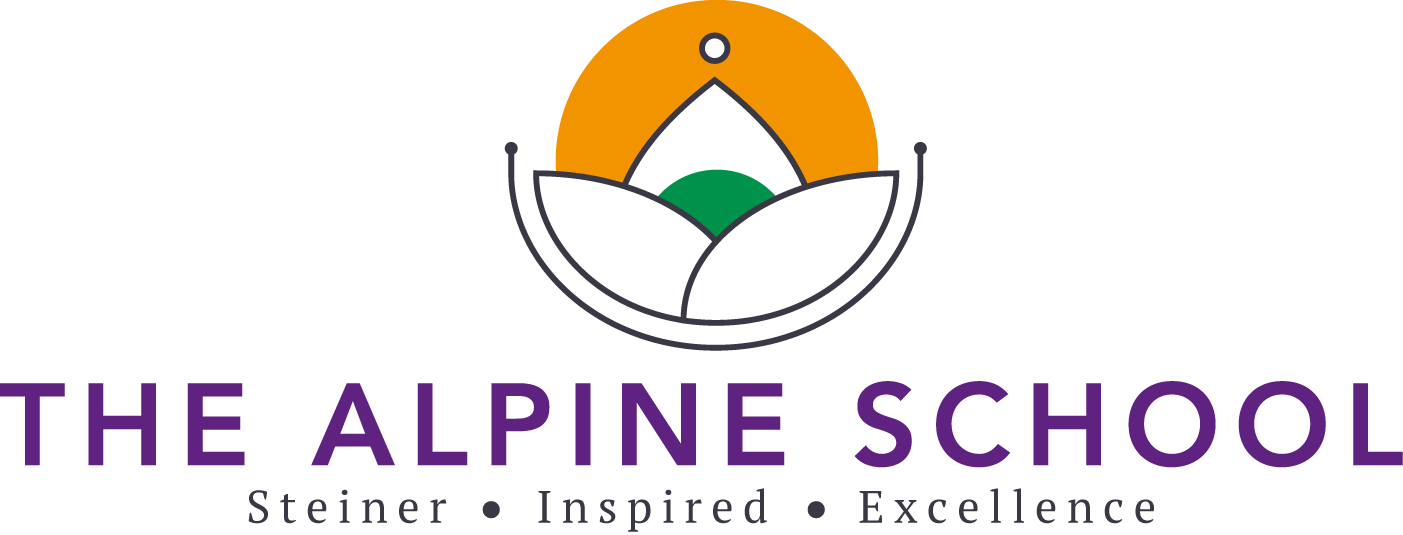Primary Curriculum
The sequence of Main Lessons (themes studied for 90 minutes every day for three weeks) that straddle the sciences, the arts and the humanities continues throughout Primary School, still keeping as broad a focus as possible for as long as possible.
Steiner education is an education of the imagination. The Arts and an aesthetic approach to learning is core to the primary school curriculum. Creative Arts is a key component of learning at this developmental stage, as it plays such a large part in the development of emotional intelligence.
Children commence their formal literacy and numeracy lessons in Year 1, with the understanding that children learn in different ways and follow individual developmental paths.
Class 3/4
Our Educational Approach
Our integrated approach to learning enables us to accommodate the individual differences in children’s learning paths: teachers are trained and experienced in managing a range of skills and abilities in their classroom and provide learning experiences that benefit all types of learners (for example, kinesthetic, auditory, visual, etc.).
In this way we fully engage children in stimulating, meaningful experiences that boost their cognitive ability to process and retain knowledge and stimulate the development of memory, attention span, creativity and curiosity.
We continue to use experiential learning techniques in primary school, adjusted for age and stage of development. With this approach, children have multiple opportunities to explore their environment, be resourceful with materials, communicate ideas and feelings, collaborate with others towards joint goals, negotiate disagreements and take leadership. All these activities provide the building blocks for essential life skills and capacities.
Student Well-Being
Student well-being is a key focus and core principle of Steiner Education - there is a wealth of neurological and educational research that shows that happy, well-supported students that feel safe in their environment achieve better learning outcomes.
At The Alpine School we apply this principle to every aspect of a child’s school experience: we establish rhythms and routines that create a predicable and known environment; we focus on positive social interactions; we give students time to learn and to grow – cognitively, physically, socially and emotionally.
Teachers play a critical role here: they are not just deliverers of content – they are a mentor, explorer and guide. Their primary role is to build strong and trusting relationships with students, stimulate curiosity and creativity, and inspire a life-long love of learning. Both teachers and parents play an important role in being positive role models to the children – by acting with kindness and respect toward each other and by holding positive and hopeful attitudes.
Steiner education is a very positive education, in a time when the issues facing us can seem overwhelming. We strive to create a positive learning environment where the whole school community feels connected, safe and respected. In today’s world, schools need to be communities of hope and meaning, providing the promise of a better world.
One way to support this is the inclusion in our curriculum of great stories across the millennia of men and women whose lives have given hope to others. Confidence in the future is based on confidence that an active citizen can find solutions, bring about change, and persevere in the face of adversity, and these are the qualities that Steiner education strives to create in its students.
“The most useful asset of a person is not a head full of knowledge, but a heart full of love, with ears open to listen, and hands willing to help.”



